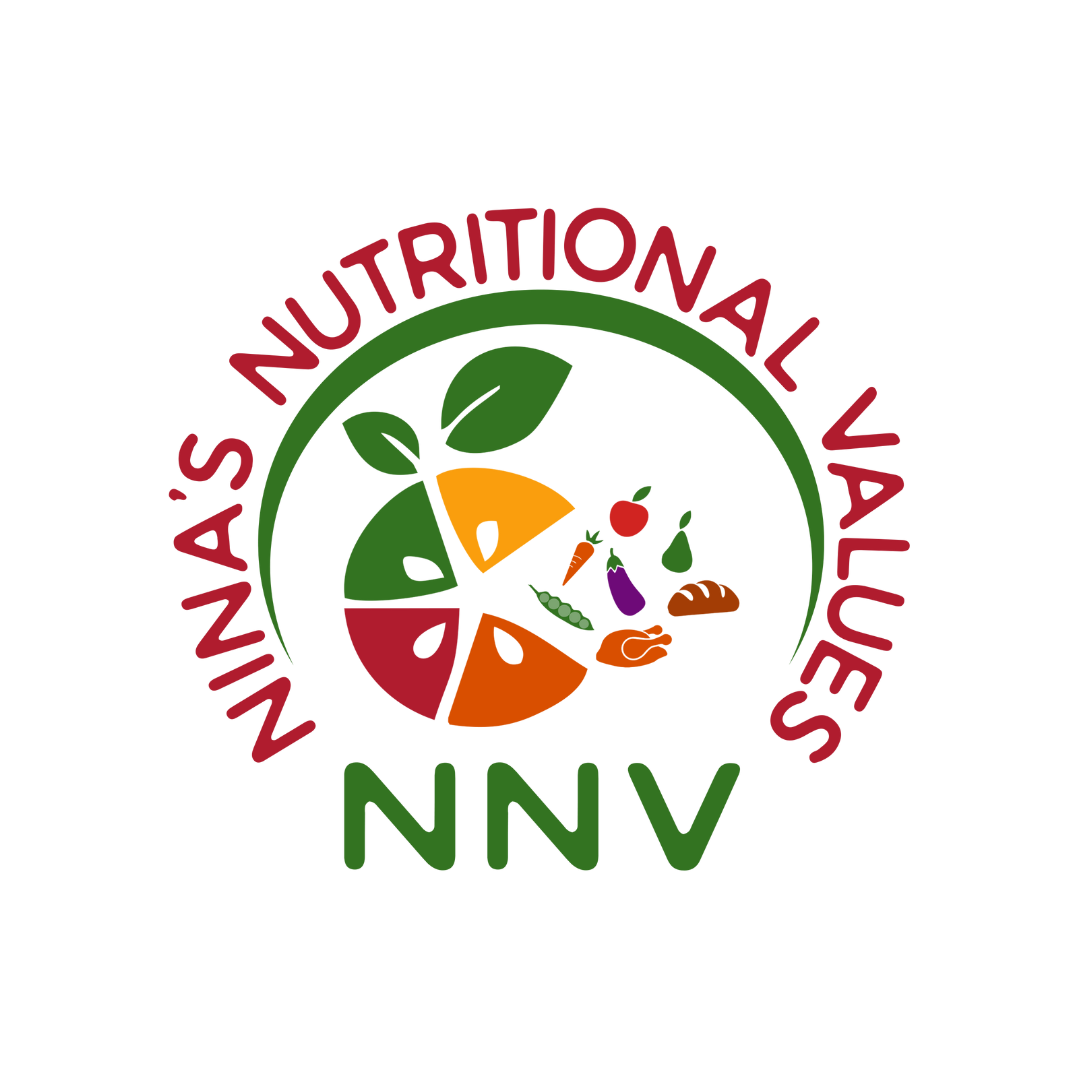Get dietary
guidance that
will transform
your life
Get accessible and personalized dietary guidance in person or from the comfort of your home.
The NNV Way
Discover the joy of vibrant living with Nina’s Nutritional Values. If you’re struggling with weight management, emotional eating, or nagging health issues, we understand your frustration —because we’ve been there too. And the good news is… we can help you live healthier and happier. Our mission is to empower you on your journey toward a healthier and happier you through personalized and practical nutrition solutions that fit your lifestyle — not the other way around.
Improve your
overall health &
lifestyle habits
Say goodbye to unhealthy yo-yo diets and hello to sustainable, vibrant living! It's not just a diet; it's a lifestyle revolution. Embrace this path, and together, we'll make your transformation deliciously enjoyable. Get ready to ditch the fad diets and welcome a healthier, happier you.
About NNV Founder Nina G. Hall, PhD, RDN, LD
Enhance Your Health, Manage Your Weight, and Increase Your Self-Esteem with Nina’s 7 Nutritional Values

Here’s What They’re Saying…
Frequently Asked Questions
-
State regulations vary for dietitians who practice online. Although generally dietitians are not permitted to provide online counseling for people who reside in a state in which the dietitian is not licensed, certain exceptions do exist. If you are not located in either Georgia, Alabama, or Tennessee (our states of licensure), please contact us so that we can check the regulations for your state.
In any case, regardless of where you live, you can participate in our 7-week online REFINE® Health & Wellness Workshop, because in that workshop we do not provide the types of treatment that are restricted under state laws.
-
Yes, we accept Aetna, Ambetter, Blue Cross/Blue Shield, Cigna, and Medicare. Also, most dietitians will have you check your eligibility with your insurance company, but we have a dedicated team to properly assess your situation.
-
Registered dietitians (RDs) are food and nutrition experts who meet the following criteria to earn the RD credential:
Completed a minimum of a bachelor’s degree at a U.S. regionally accredited university or college and course work approved by the Accreditation Council for Education in Nutrition and Dietetics (ACEND) of the Academy of Nutrition and Dietetics
Completed an ACEND-accredited supervised practice program at a health-care facility, community agency, or food-service corporation or combined with undergraduate or graduate studies
Passed a national examination administered by the Commission on Dietetic Registration
Completes continuing professional educational requirements to maintain registration
All RDs must maintain their status with continuing education hours in the area of nutrition, reporting every five years. In addition, proper use of the title “Dietitian” is protected by law in the USA, Canada, UK, Australia, and South Africa.
The title “Nutritionist” is not regulated and there is no legal definition for it, as well as no required qualifications. Often this title is achieved through a short course of education or is simply self-given.
-
Once we determine your dietary needs, we’ll work with you diligently to meet those needs. We’ll also explore your personal goals with you to see how we can address them. Often this inquiry process is not as clear-cut as it sounds, because in many cases, with increased health awareness after consulting with us, clients end up forsaking goals they come to view as “limited” (for example, losing weight solely for reasons of appearance) in favor of new goals that will lead to better overall health and well-being.
-
It’s true that certain health problems are more prevalent among particular ethnic groups (for example, hypertension among African Americans), so yes, we do provide appropriate dietary and physical-fitness counsel for people with such concerns.
-
Yes, we regularly develop comprehensive meal plans according to the individual needs of our clients — a course of action that effectively puts an end to the most common dietary dilemma of all: “I just don’t know what to eat!”
-
Absolutely not.
You see, the failure rate of diets is extremely high, and such failure often leaves the dieter with distressing — even toxic — feelings of defeat. Our treatment will be grounded in positivity and, equally importantly, sensitivity to your needs as a unique individual. This will include all of your nutrition needs, of course, but we’ll also go beyond food to explore potential lifestyle changes with the goal of enhancing your overall health and well-being.
-
We help anyone with a sincere desire to be helped. Sure, most people come to us wanting or needing to lose weight, but many others seek our medical nutrition therapy either to help treat an existing health condition or as a preventive measure.
In any case, regardless of your particular reason(s) for wanting treatment or counsel, we’ll seek to bring a more holistic view of your body and self to your awareness so that, ultimately, you’ll know intuitively how to make healthier decisions for yourself.
Nina’s Nutritional Values Blog
Ideas, information, and inspiration to support your journey to better health
Skip Resolutions: Setting Intentions For The New Year
New Year’s Resolutions can be fun to set, but success rates are around 9%. This is due to a combination of the fact that most resolutions are vague in what “finished” looks like, the goal and timeline are unrealistic, or the goal is what you “should” do and not what you truly want. So, skip the pressure of setting resolutions by setting intentions for the New Year instead!
How to Eat-Guilt Free This Holiday Season Without Overindulging
You’ve worked hard to commit to your nutrition and lifestyle changes that support whole-body health. This might have you worried that you’ll fall off the health wagon this holiday season. What you eat during the holidays is more than food, it’s tradition. There’s no need to deprive yourself of the holiday foods you love most. The tips below will help you eat-guilt free without overindulging.
Why Salads Aren’t Always More Healthful Than Sandwiches
Salads and sandwiches are a fast and easy option for lunch, late-night dinners, casual dining, and road trips. If you find yourself deciding between a salad and a sandwich, the salad may have more vegetables, but the sandwich may be a healthier option. Let’s dive into how to identify unhealthy salads.
Managing Holiday Stress and Emotional Eating
When it comes to maintaining your nutrition during the holiday season, it’s not a sheer matter of resisting holiday sweets and other indulgent dishes. The holidays can bring as much stress as they do joy. For some, more stress than joy. Whatever they may be, holiday stressors increase the likelihood of emotional eating. This spans the range of comfort eating and binge eating to self-soothe or skipping meals to control what you can control.










